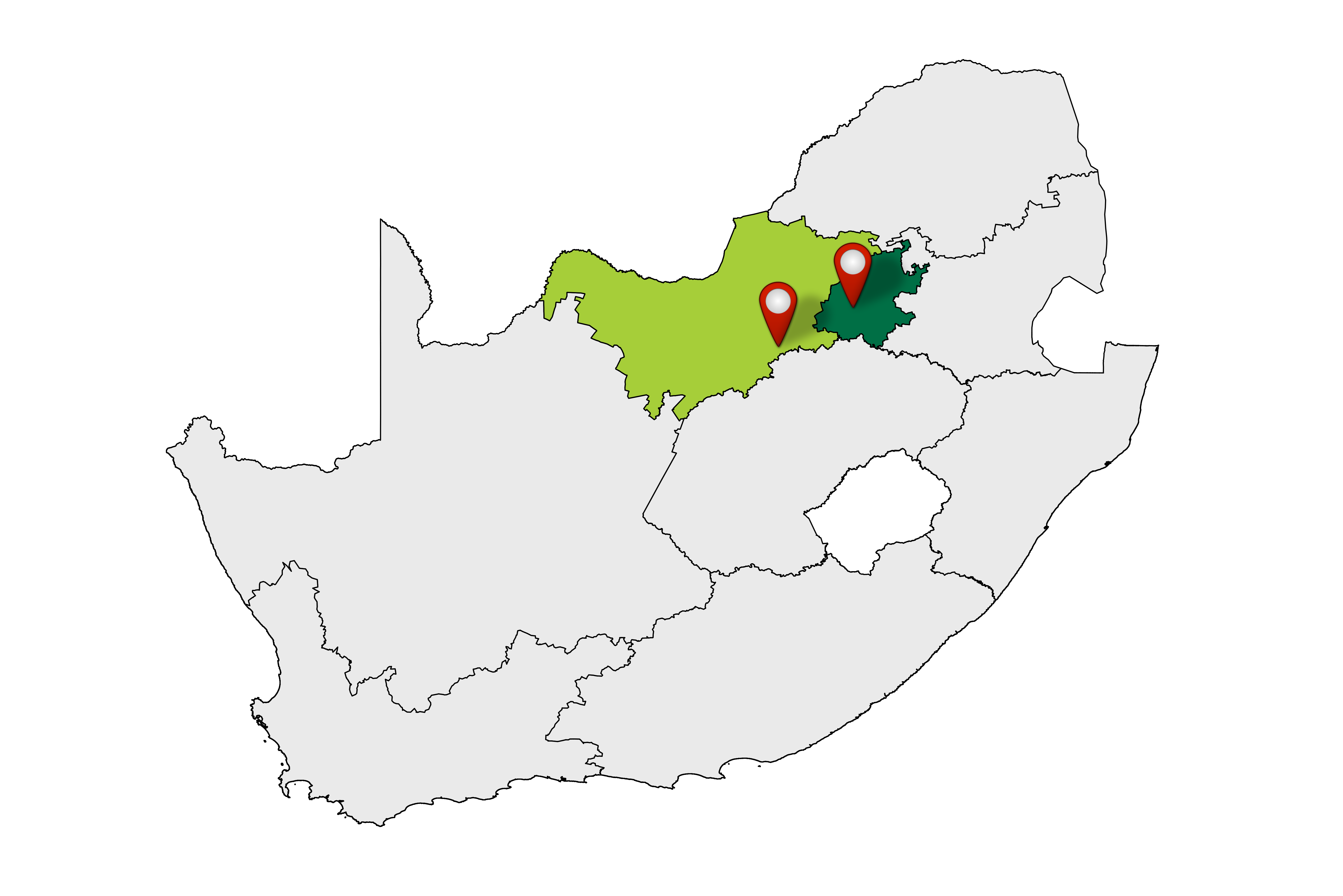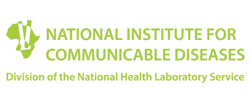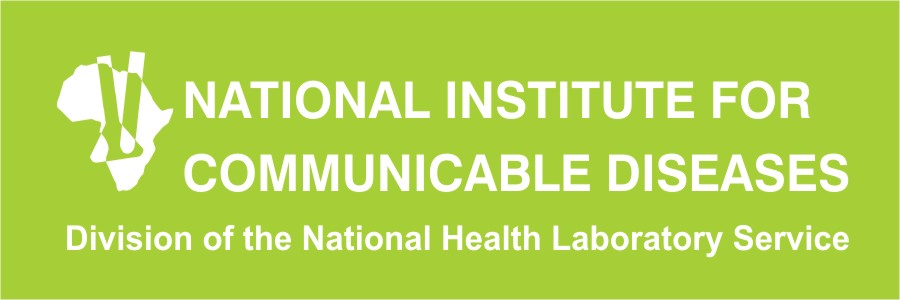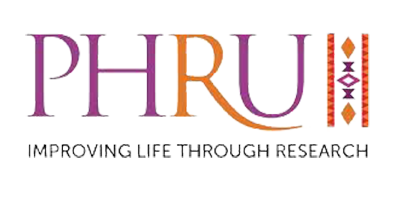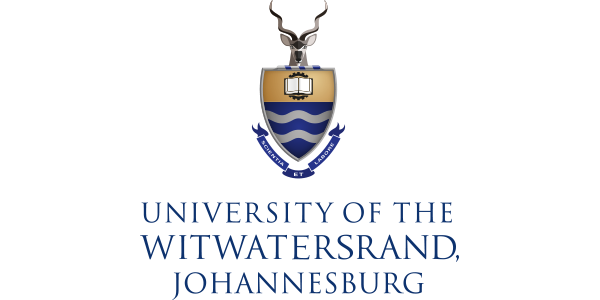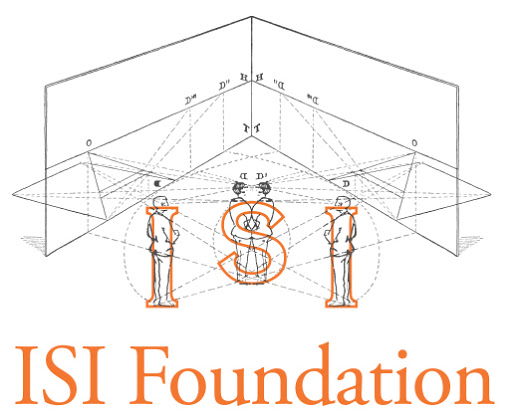COVID-19 Household Transmission Study (HTS)
About this project
The household transmission study (HTS) of severe acute respiratory syndrome coronavirus 2 (SARS-CoV-2), the virus that causes coronavirus disease (COVID-19), is a case-ascertained, prospective, observational household transmission study of household contacts of index cases from two urban communities in the North West Province (Klerksdorp) and the Gauteng Province (Soweto). In order to better understand the transmission dynamics of SARS-CoV-2 in households with HIV-infected and HIV-uninfected COVID-19 index cases, we screen individuals consulting at primary healthcare facilities for respiratory illness or suspected COVID-19 and test them for SARS-CoV-2. If someone tests positive for SARS-CoV-2 and reports to be the first person with respiratory or suspected COVID-19 symptoms in their household, we approach their household for enrolment in the HTS. Following enrolment, nasal swabs are collected from the index cases and their household contacts three times per week for 6 weeks’ post-enrolment to test for SARS-CoV-2, irrespective of presence of symptoms. We also collect serum at enrolment and the end of the follow-up period to test for antibodies to SARS-CoV-2. The HTS started in October 2020 and will continue until August 2021, and will help us understand if compared to HIV-uninfected individuals, HIV-infected individuals shed SARS-CoV-2 for longer, or if there is a difference risk of transmitting the virus to household contact, and to determine the incubation period and the proportion of SARS-CoV-2 individuals that have symptoms.
Objectives
- To determine the time period (range and median) in days that HIV-infected and HIV-uninfected index cases continue to shed SARS-CoV-2 from respiratory specimens after symptoms onset using real-time reverse transcription polymerase chain reaction (rRT-PCR) and viral culture.
- To determine the temporal variations of SARS-CoV-2 viral-load in respiratory specimens from HIV-infected and HIV-uninfected index cases using reverse transcriptase polymerase chain reaction (rRT-PCR).
- To determine the secondary infection risk (SIR) in household contacts of HIV-infected and HIV-uninfected index cases.
- To determine the serial interval (SI) for SARS-CoV-2 transmission from HIV-infected and HIV-uninfected index cases.
- To determine the antibody response to SARS-CoV-2 early-post infection among HIV-infected and HIV-uninfected index cases.
Impact
This study will provide essential information on the natural history of the virus, also considering how it may differ between HIV-infected and –uninfected individuals. This will impact decisions on optimal strategies for the containment and mitigation of the current and potential future epidemics of SARS-CoV-2 locally, regionally and globally.
Ethics
The study was approved by the University of the Witwatersrand Human Research Ethics Committee (Reference M2008114).
Results
Gallery
Project Protocol
Funders and Collaborators
Sites
